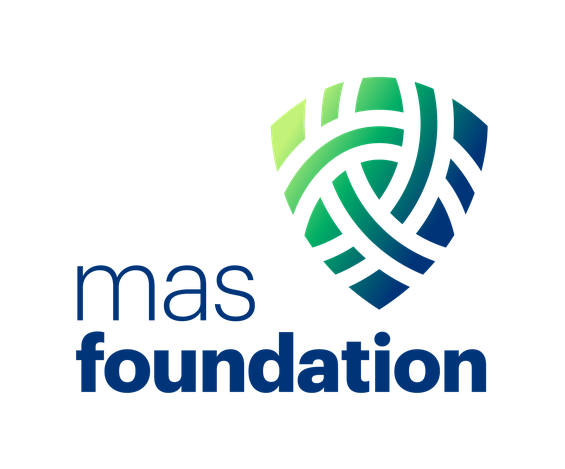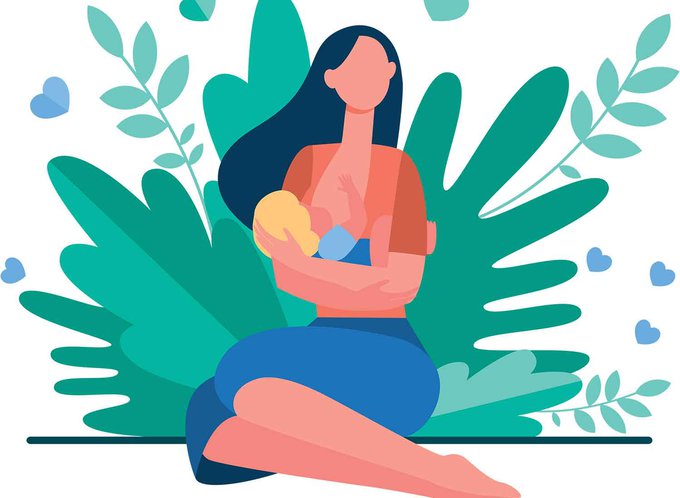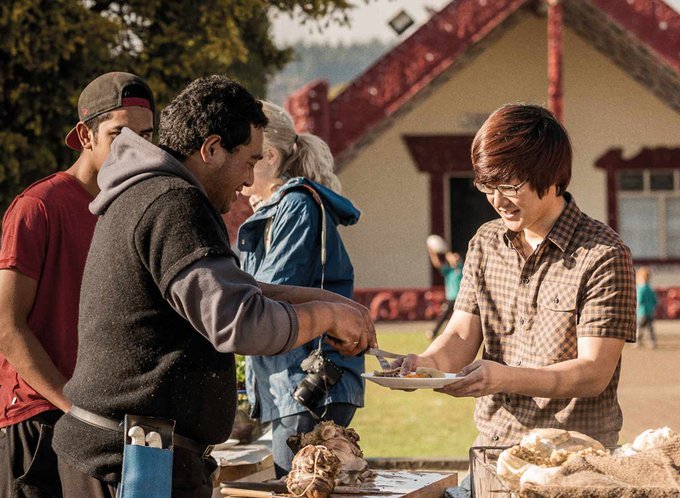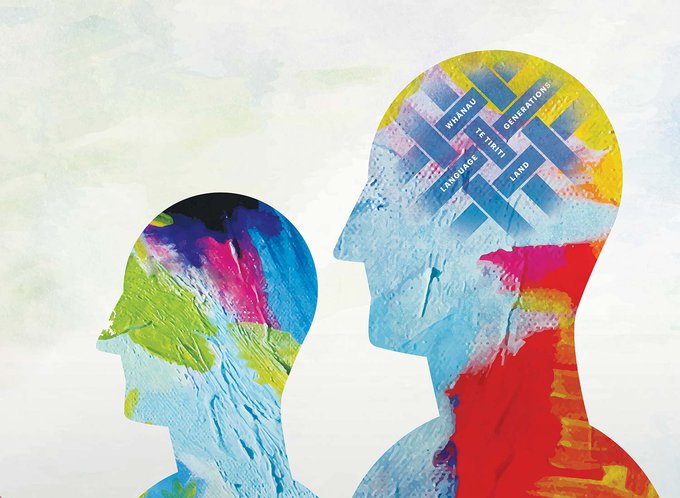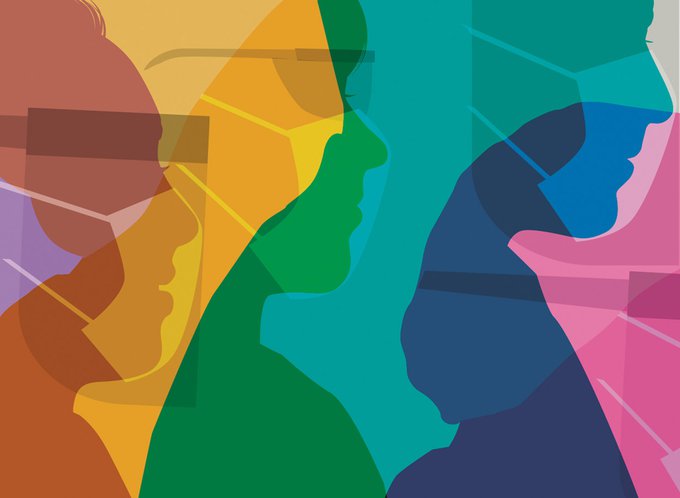MAS Foundation board member Dr Matire Harwood's career has been dedicated to overhauling Aotearoa's unequal medical system. In her new role on the MAS Foundation board, Matire sees plenty of opportunities to enhance the mana of Māori and Pasifika-led projects.
-
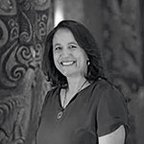
While Dr Matire Harwood (Ngāpuhi, Ngāti Hine, Ngāti Rangi, Te Mahurehure) isn't sure whether it's nature or nurture that led her to her medical career, but her path was predicted by her grandfather when she was a child.
"When I was nine, my grandfather on my mum's side told me I should become a doctor. That totally shaped me. I thought, 'well, if Pāpā says so, that's what I'll be'."
Luckily, Matire found that the science, math, and English needed to pursue medicine were her strong suits. She's now a general practitioner, an Associate Professor at the University of Auckland Medical School, and a clinical researcher as well as a member of the MAS Foundation board.
A strong Foundation
Matire joined the MAS Foundation board in 2022, lending her experience to the Foundation's mission of improving health and wellbeing inequities for the communities that need it most in Aotearoa.
When first approached about the role, Matire felt she had too much on her plate to commit. However, after discussing the opportunity with current and retiring Foundation members, the sense of joy and excitement she got from them convinced her to say yes to the role.
"I like doing things differently, so I'm drawn to MAS Foundation's work. It's a special way of doing philanthropy. Everything we do is about enhancing mana, innovating, and being courageous."
Dr Matire Harwood
She appreciates that the Foundation prioritises supporting Māori and Pasifika-led projects and assesses applicants on their potential impact rather than simply choosing the well-written applications.
"I love that we're not afraid to support things we've never seen before and give them the backing they need to succeed."
Stark realities
"The realities of health outcomes for Māori under the current system are confronting."
Dr Matire Harwood
"Māori have shorter life expectancies, are more likely to die from most diseases, and are more affected by long-term health conditions like diabetes, heart disease, and cancer. We've got higher death rates from injuries and infections, and even from age zero to four, our babies are dying earlier from childbirth injuries and maternal care issues."
She encourages people to take a step back from these stats to understand the risk factors at play.
"Māori are more likely to be exposed to stress, to smoking, to alcohol, to injuries. And taking a further step back, we're more likely to live in cold and poor-quality housing, we're getting worse educational outcomes and are more likely to be targeted by the Police and end up in jail," she says. Matire sees the work of MAS Foundation as providing the catalyst for innovation for these under-resourced communities.
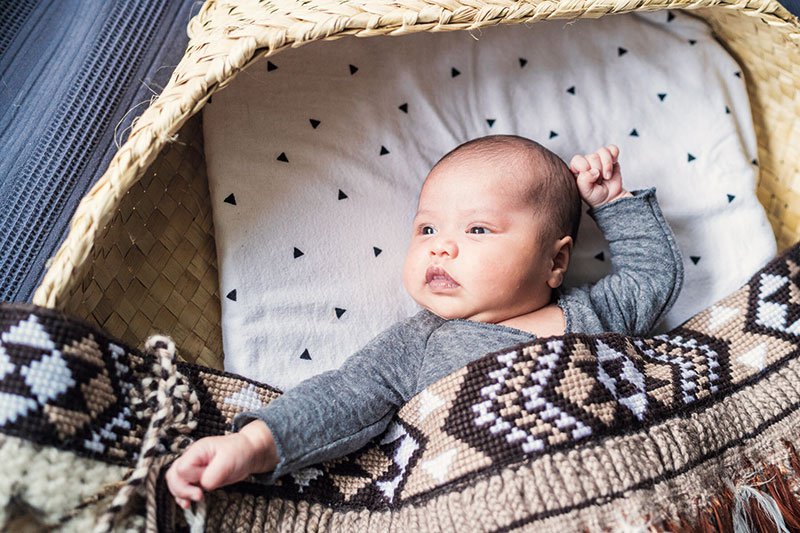
A professional shift
Matire says today's young doctors are more attuned to systemic inequities than her cohort was.
"All clinicians have a part to play. It's easy to say 'it's up to that patient to make that decision' or 'it's up to social services to get them into a better house'. But clinicians know there are inequities in the way people access and get healthcare, so doctors need to come up with better ways of doing things.
"I think today's lecturers and teachers are better at helping students understand that there's a hidden curriculum of racism and sexism and other-isms, and it doesn't benefit anybody."
"I think we are now teaching our students to be more critical thinkers, and part of that is questioning and sometimes rebelling against the status quo."
Dr Matire Harwood
Changing the narrative
Māori academics and researchers like Papaarangi Reid and David Tipene-Leach had a big influence on Matire's career. University of Auckland lecturer Dr Mere Roberts was particularly influential on how she understood health inequities as an undergraduate student.
"As a Māori medical student, lecturers would get up and say things like 'let's look at heart disease in New Zealand, which affects Māori the most', and everyone would just look at you as if you have the answer for why that might be.
"But Mere, Papaarangi, and David were saying, 'let's look back beyond why we've got higher rates of lung cancer to why do people smoke and who is privileged within the health system? Think about the historic points that have led us to be at this point.'
"Māori don't choose to be poor. We don't choose to be in poor housing. Think about what's happening in our system that facilitates and maintains that inequity."
Traditional Māori knowledge can be woven together with science to achieve amazing results, says Matire.
"As much as we need robust evidence, data and research, we also need creativity. That's where the mātauranga Māori comes into it. We can use our traditional ways of knowing, seeing, and understanding things to find solutions."
Overhauling hauora Māori
There's a desperate need for more Māori in high-level public health roles, Matire says. While every DHB has two Māori seats, a lack of public engagement with the election process for DHB members means "it is people with last names from A to F that dominate in governance roles, because they are on the first few pages of the voting forms".
She recently sat on the steering group to select the board for the new Māori Health Authority, a role she was shoulder-tapped for by the steering group's leader, Tā Mason Durie.
"What Tā Mason calls you, you sit up a bit straighter and you speak properly."
Matire is excited about the potential that the new authority has to enable Māori to determine their own health and wellbeing processes and outcomes and to overhaul a system that has entrenched inequities. The new body will work closely with Health New Zealand, the organisation that will replace DHBs from 1 July 2022, as well as with iwi-Māori partnership boards.
"The group I worked with on the committee are courageous, creative and collaborative and committed to not just doing the same old, same old. I'm so thankful I had the opportunity to be part of history in the making."
Dr Matire Harwood
Read this next
-
March 2021
Helping Kiwi babies thrive
-
March 2021
Manaakitanga – more than just hospitality
-
July 2021
Equity in education
Professional life
See all-
March 2021
Made for today a century ago
-
March 2021
The great brain gain
-
March 2021
A hectic, horrific working holiday
-
March 2021
Smooth sailing for Southern Spars
